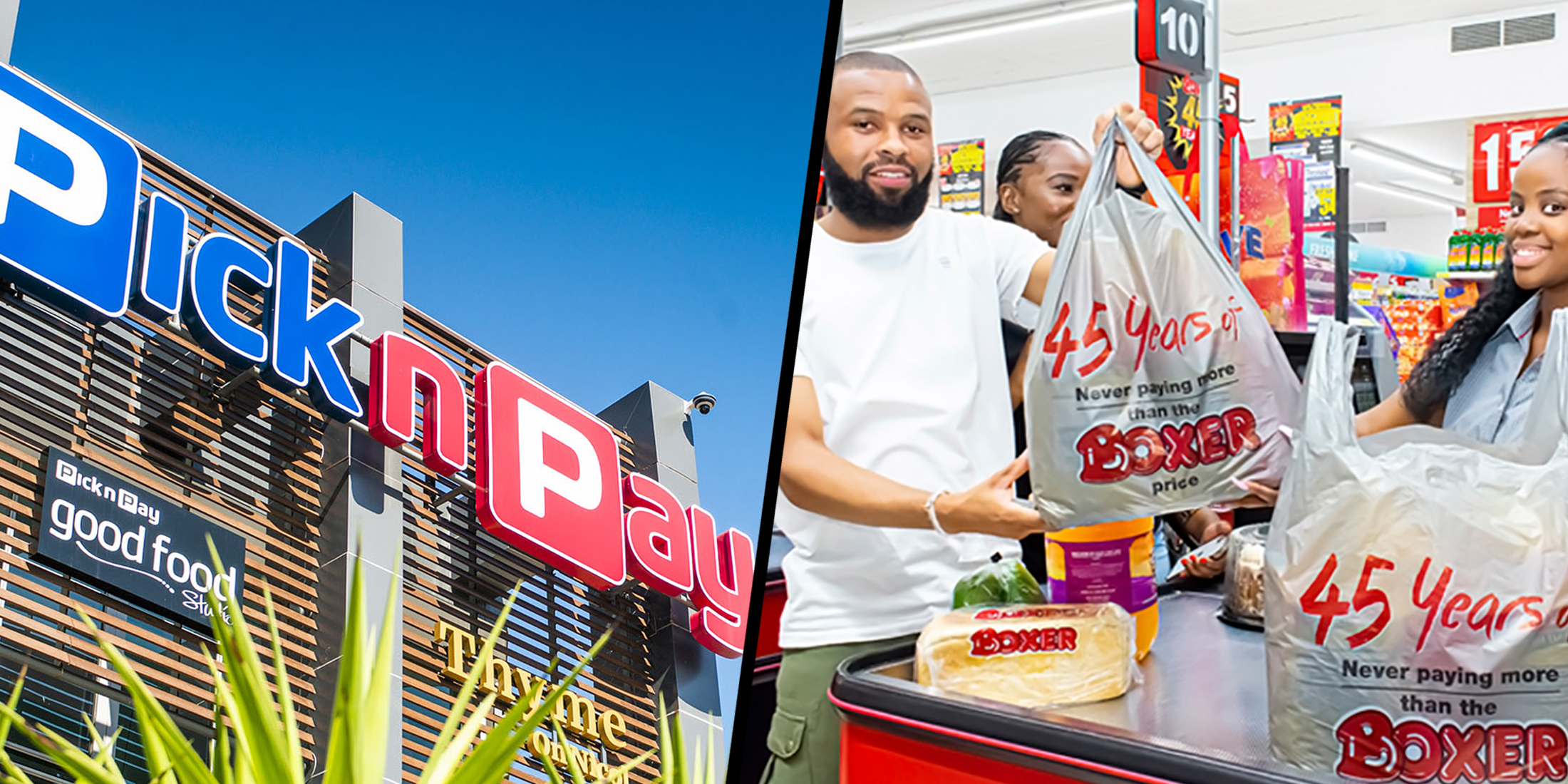I’m just overwhelmed by their confidence and certainty, not to mention the audacity of their financial ambition. As a journalist, all of which makes me suspect, or possibly hope, that it’s all a big act, and they are getting enormously well paid for stuff that looks fabulous in the spreadsheet, but which never works in practice. And there are plenty of real-world examples of that. Hello Edgars. The key is massive overuse of the word ‘synergy’, which essentially means there is none.
But every now and then, this stuff really works, and you walk away astounded and impressed. What has happened to Pick n Pay over the past year may be a good case in point, because I suspect, in this case, the corporate finance geeks have really managed to discover an enormous amount of value. And, in the process, they may have saved the store, or at least part of it.
It’s not quite done and dusted, but looking at what has happened over the past year, I just get the impression that by attacking the problem with venom, and by moving with aggression, a whole lot of jobs have been saved. I know this is probably not a unanimous view, but I suspect the temptation would have been to make incremental improvements and hope for a turnaround.
Instead, the Pick n Pay group went for new management, a change of shareholder structure, a thumping capital raise and a listing of the growth segment of the business, the Boxer stores. As a result, the company which was worth R10-billion in March is now worth double that, mainly because of the decision to hive off Boxer. Pick n Pay announced this week that Boxer would list later this month at an indicative value of somewhere between R21-billion and R24-billion.
If you were to think that number looks odd, since it is higher than the market cap of the entire group, you would not be alone. Essentially, what this means is that the other two-thirds of the group, the Pick n Pay stores, is being valued at minus R2-billion. And that’s the sunny scenario.
Still, by spinning out half of Boxer, and using the proceeds to pay down the group’s debt, it may have achieved a new lease of life. But two important residual questions remain.
First, can Boxer successfully compete with the other bargain basement supermarkets, of which there are now a very large number - and that is before Boxer goes on its own expansion drive, which will see the company adding another 500 stores. This is a tall order. It would double their store footprint for one thing.
The positive argument in favour of Boxer’s future is that the company has been growing like blazers; store count has doubled in five years and sales have grown at 19% annually over the past three years. In its most recent financial year, it clocked up R37.4-billion in sales and R2.1-billion in profit, which puts it up with the best in SA.
The negative argument is simply that the SA market overall is just not going to grow very much and to the extent it is, Shoprite will carry on grabbing most of the gains. Shoprite, after all, also has a horse in this race; the Usave stores, although they typically carry a much smaller range.
I have another theory that could be a danger for both Boxer and Usave: the SA government has just run out of money. One of the reasons for the enormous growth of budget stores has been SA’s enormously generous grant system, which goes straight into the pockets of SA’s budget retailers. But it is hard to imagine growth in real terms of these grants for the simple reason that government’s cash bucket is empty.
The second question is: What happens to the remainder of the business? Here, too, there are positives and negatives. The positive is that the capital raise will extinguish the debt and take with it around R500-million a year in finance payments from the Pick n Pay group.
The problem is that the company has been burning cash at a much faster rate than that. It burnt through R2.4-billion this last year. It’s not even thinking about breaking even in 2025; the target is just to reduce the cash burn. Breakeven is expected for 2026. The sub-zero value is richly deserved, if that isn’t a contradiction in terms.
That might be the most pessimistic scenario; the economy is looking up, Pick n Pay stores themselves are well positioned generally, the brand is still pretty strong and the group is large enough to weather the storm.
Still, Pick n Pay without Boxer will have question marks hanging over it for some time. DM
Business Maverick
After the Bell: Being picky about Pick n Pay





